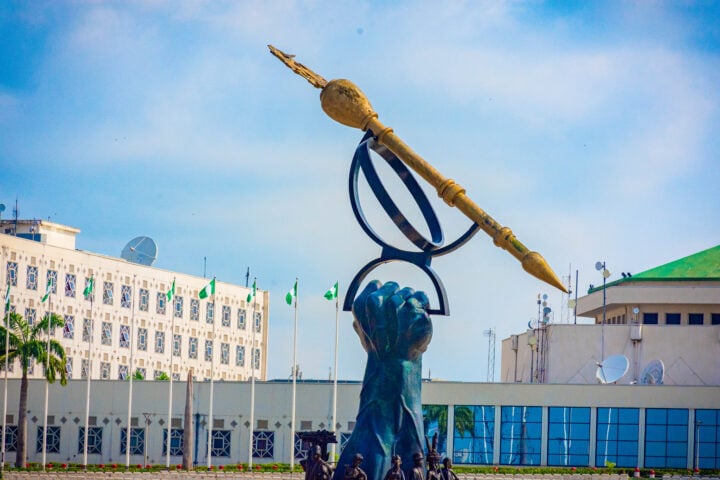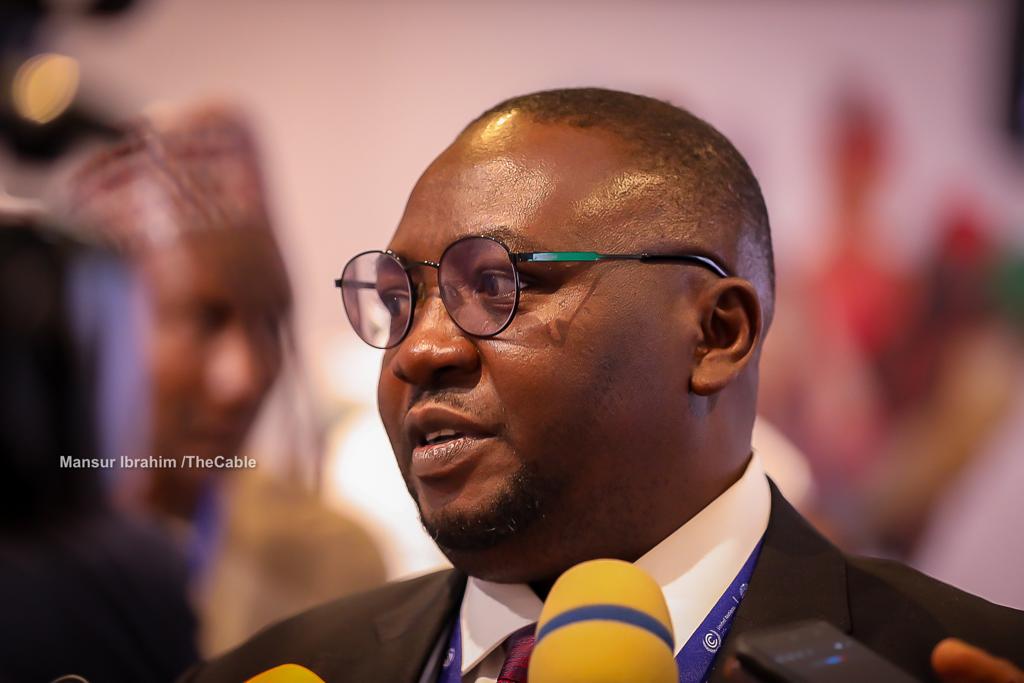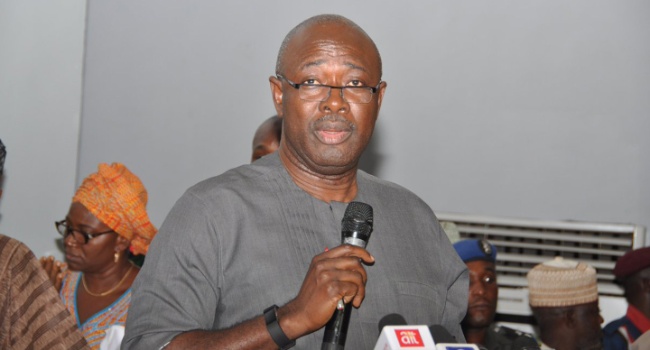The Independent Corrupt Practices Commission and Other Related Offenses Commission (ICPC ) says all sectors in Nigeria are tainted with corruption.
Tunde Babawale, provost of the Anti-Corruption Academy of Nigeria (ACAN), the research and training arm of ICPC, spoke in Abuja on Friday at the validation meeting for the 2022 national survey, known as the Nigerian corruption index (NCI).
The NCI surveys the extent of corruption in Nigeria and looks at the various sectors that are mostly affected.
The ACAN provost said the findings of the survey put corruption levels within the legislature, judiciary, and executive arms of government and the private sector at 42 percent.
Advertisement
“All the sectors have been found culpable and found to be highly corrupt, the legislature, the judiciary, the executive all of them have been found to be corrupt,” Babalawe said.
“Although at the level of the state, the score differs from one state to the other but the bottom line is that there is an overall score that we found. Over 42 per cent in our own scale is highly corrupt for the entire country.”
Babalawe said Nigerians need a change of attitude, mindset, and behaviour, noting that citizens have adapted to the high levels of corruption.
Advertisement
“Meaning that people must begin to develop a high intolerance level for corruption as we are now, there is a high level of tolerance for corruption in the country,” he said.
“And, they don’t see it as a very scandalous and shocking development as it used to be in the past. We should begin to train the youth and even the old on how to develop this anti-corruption antigen.”
Babalawe said the NCI was designed to critically examine all sectors.
“The difference in what we are doing is that we are surveying the impact of the effect of grand corruption and we are also looking at it from the perspective of different sectors of society, the legislature, the executive, the judiciary, as well as the sub-national government,” he said.
Advertisement
“So, the thinking is that it is better for us to talk about grand corruption because of the greatest impact on living conditions of Nigerians when policemen collect bribes on the roadside that has effects but not as much as somebody stealing the N109 billion.
”So, we want to weigh the impact of such on society, and how it differs from one sector to the other.
“And, the ultimate objective is also to ensure that we are able to advise the government on policies that should be put in place in order to develop anti-corruption initiatives and interventions.”
Babalawe also added that there is a need for the government to purge legislative oversight, which is sometimes used as a veritable tool and channel of corruption.
Advertisement
Advertisement
Add a comment






